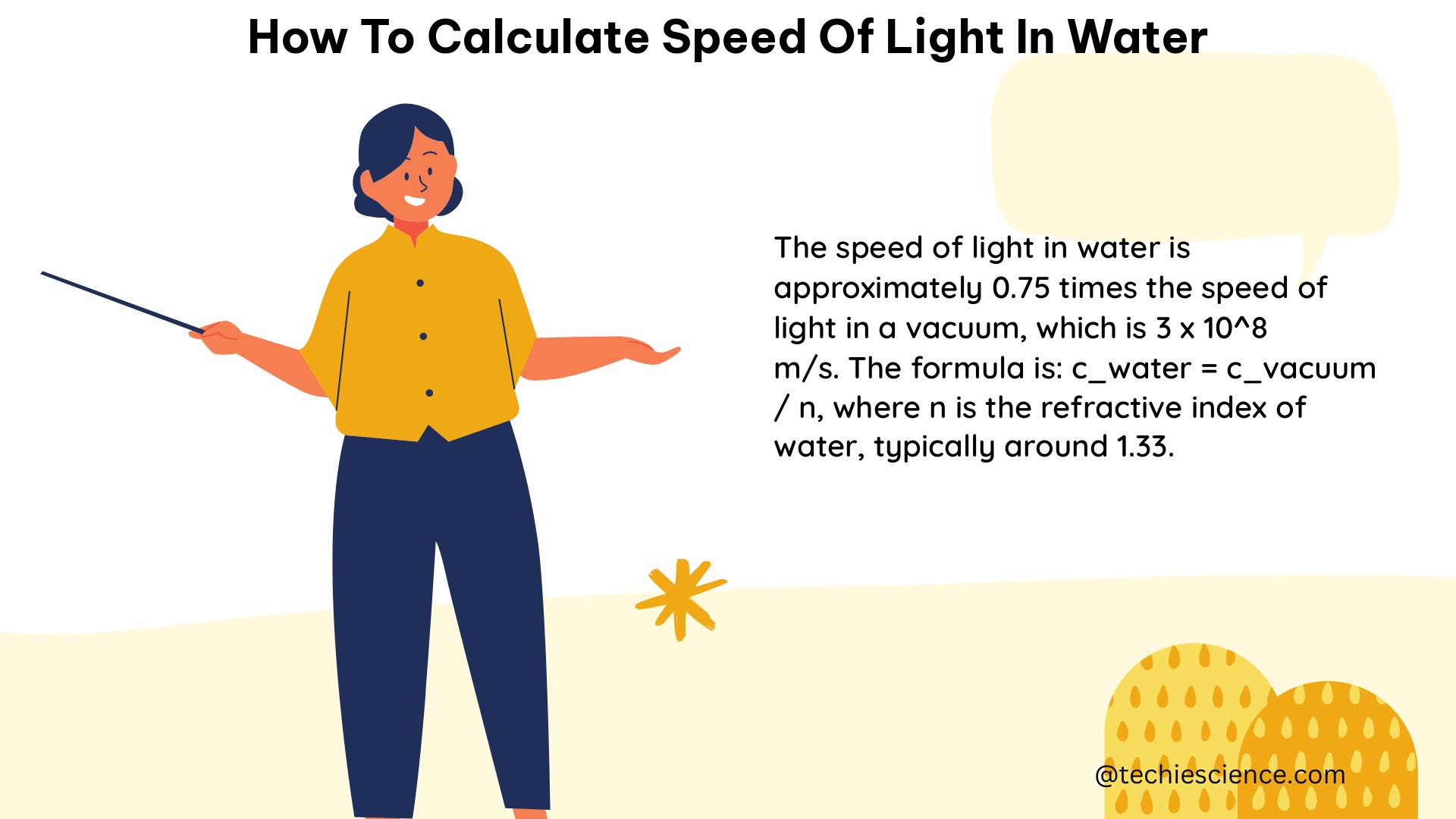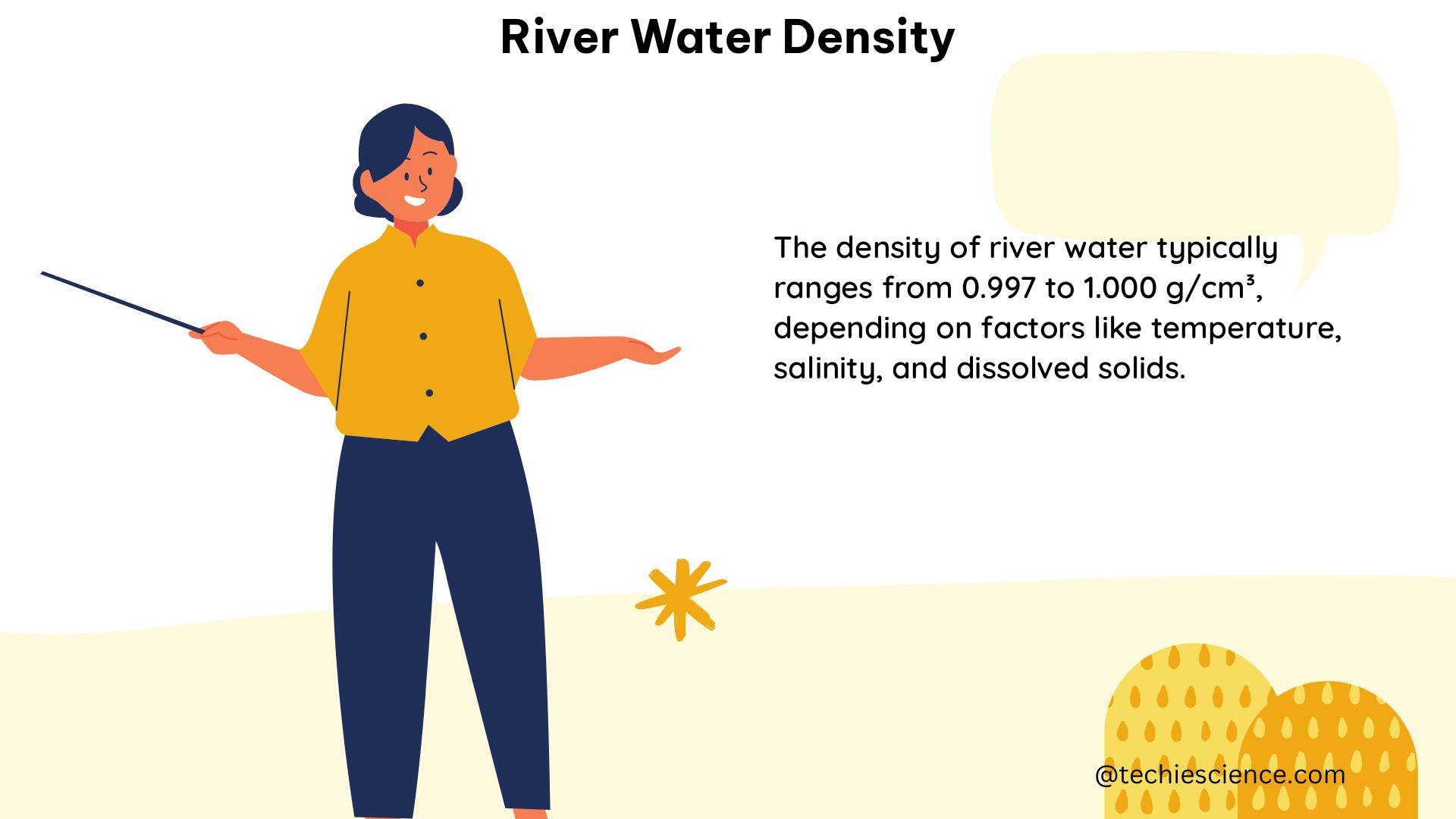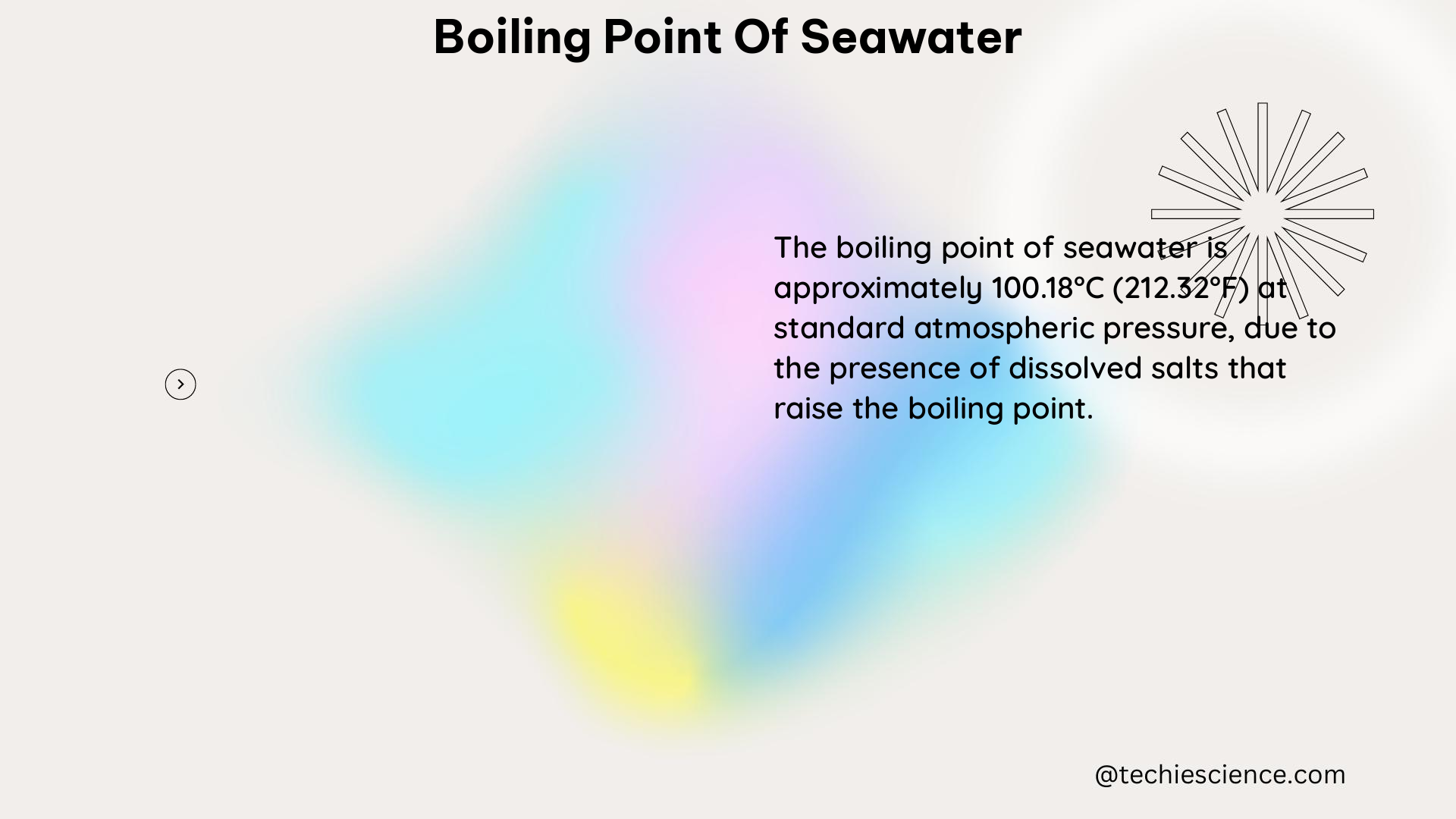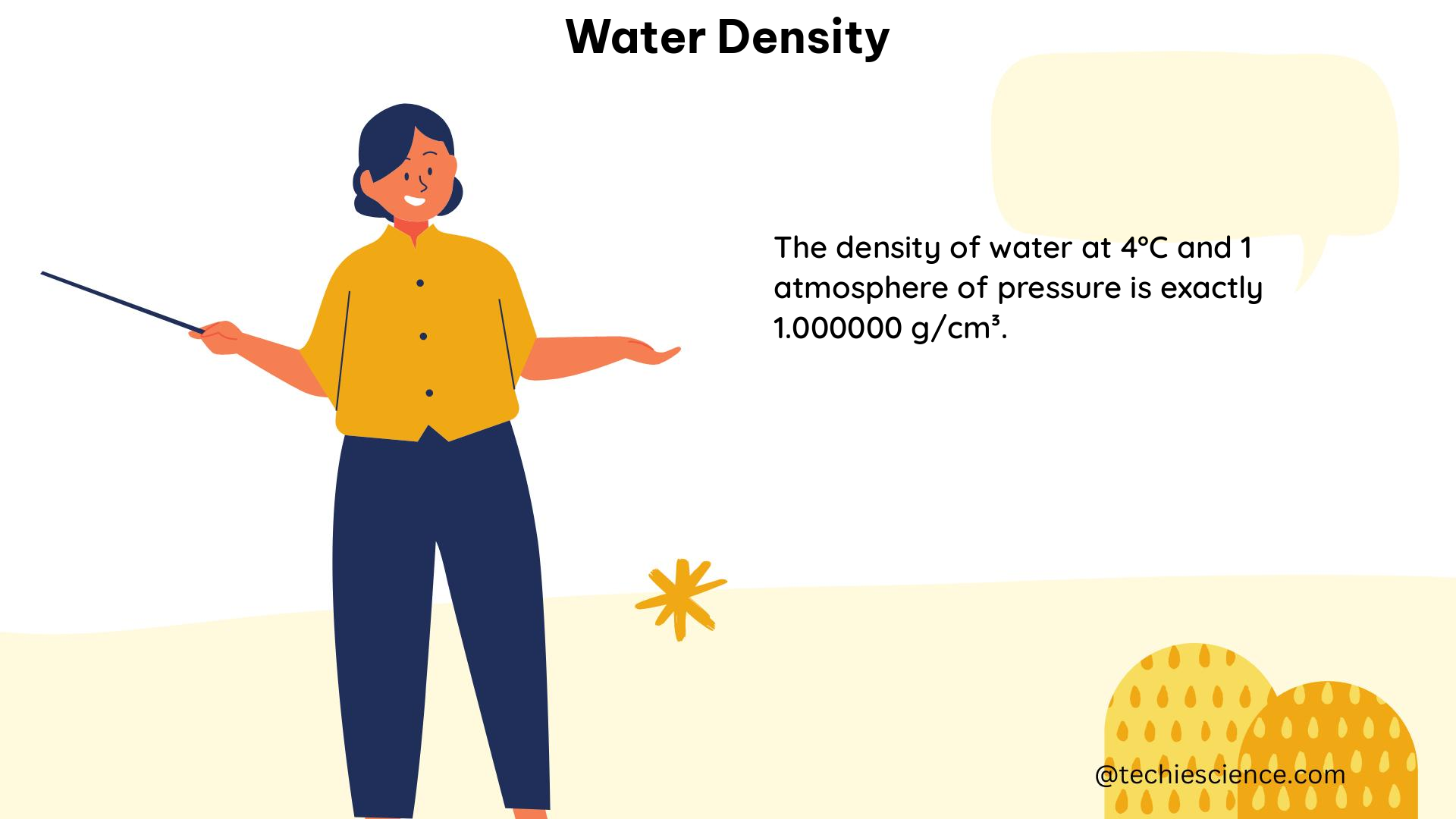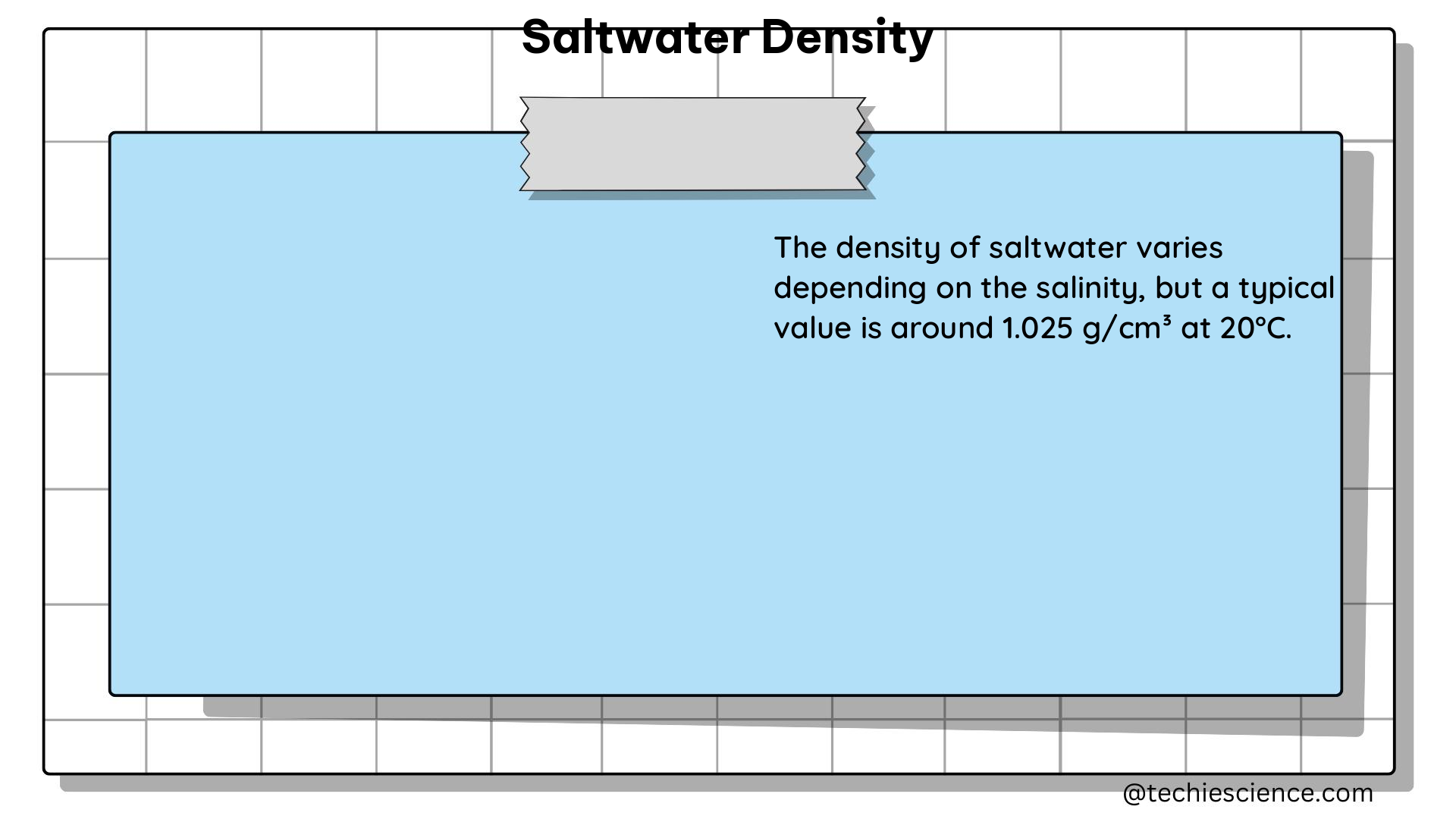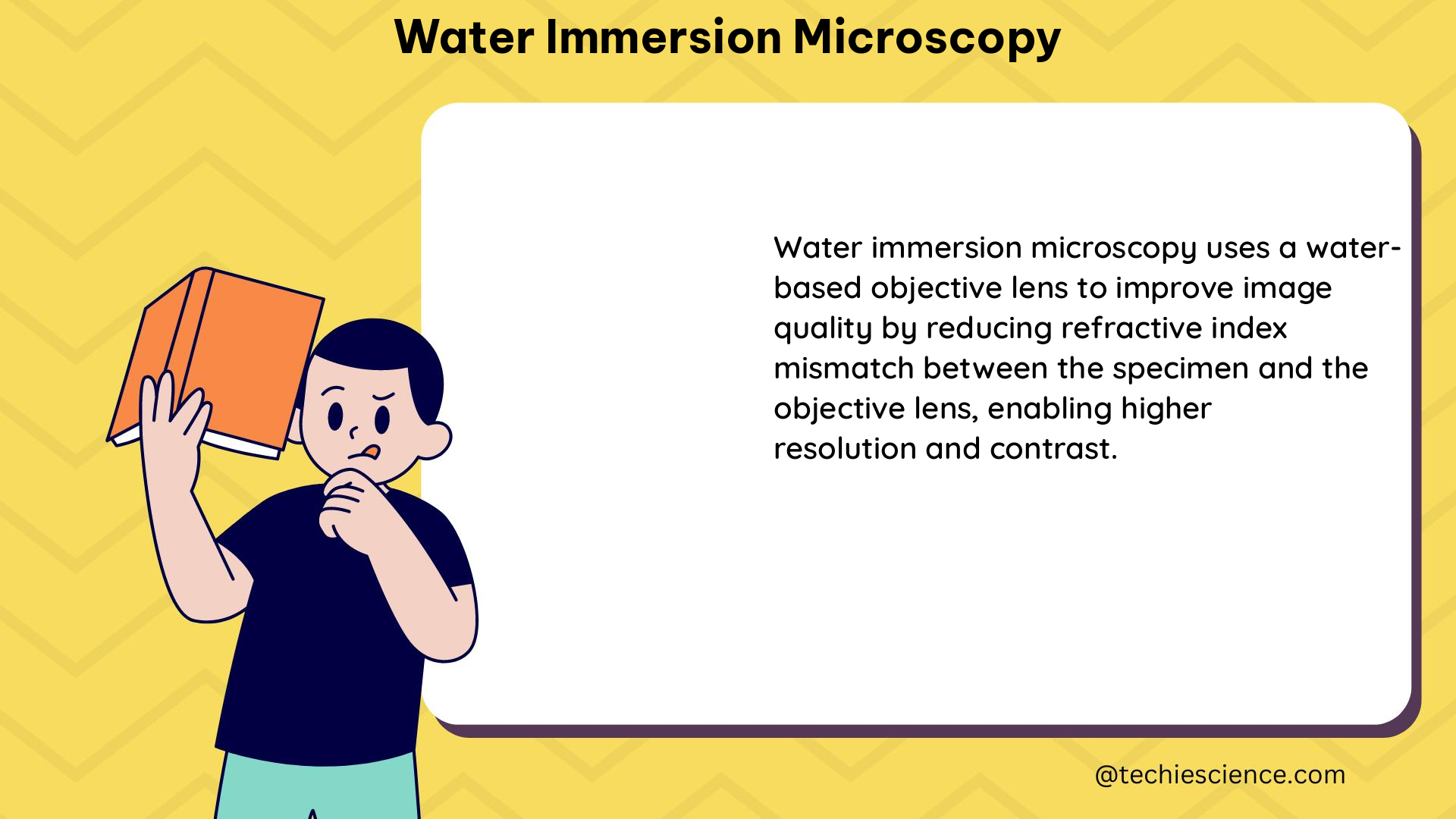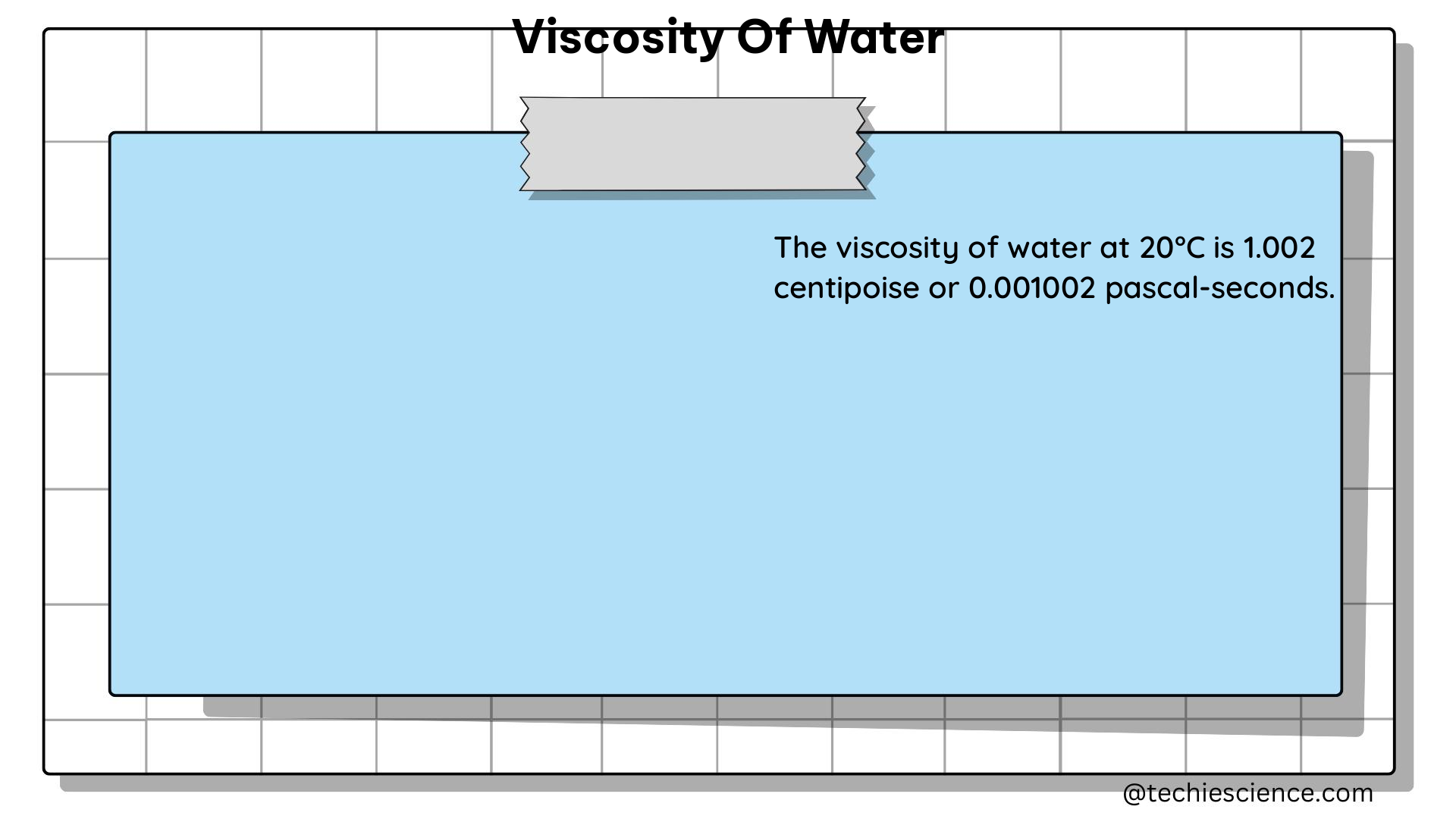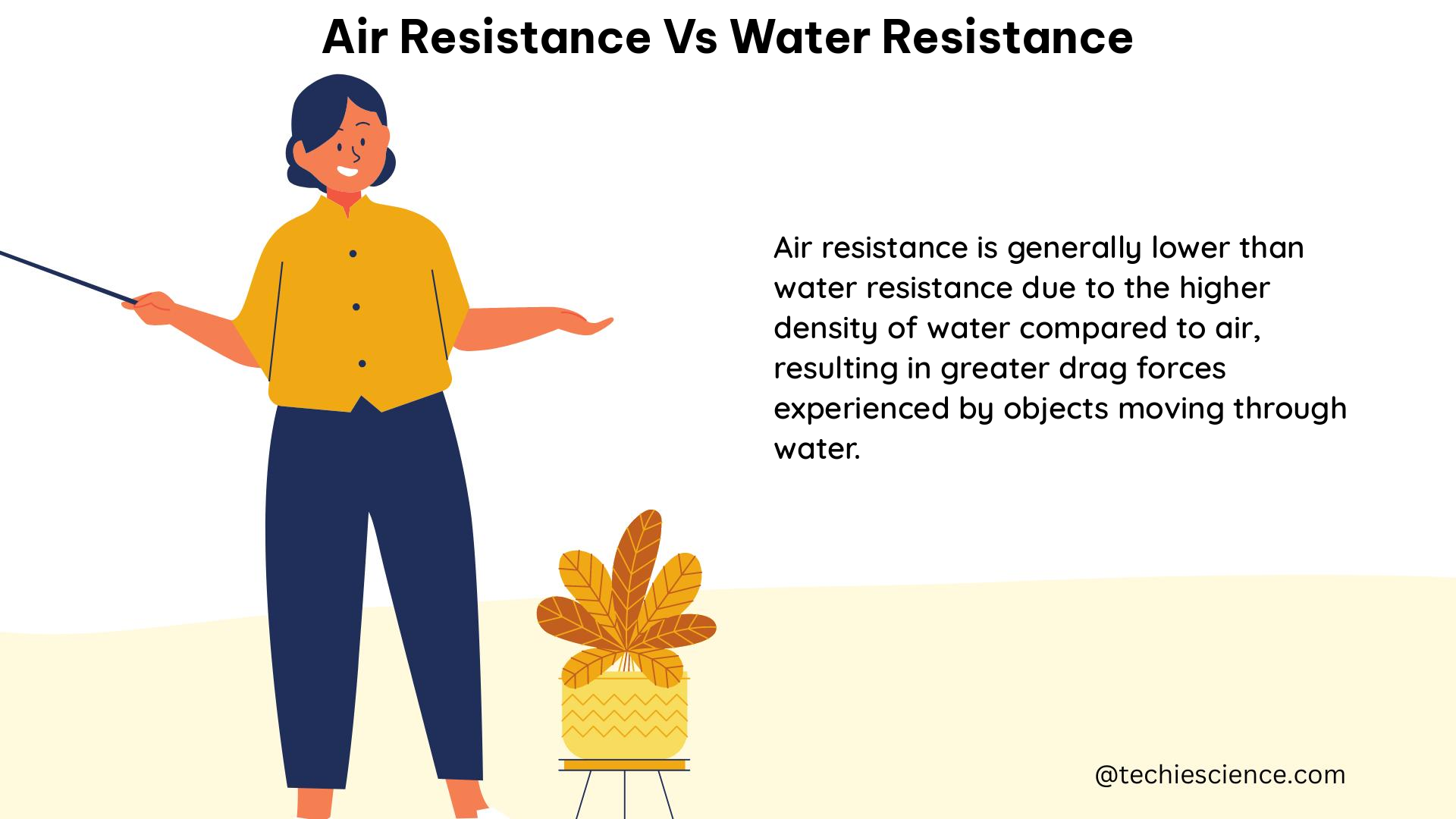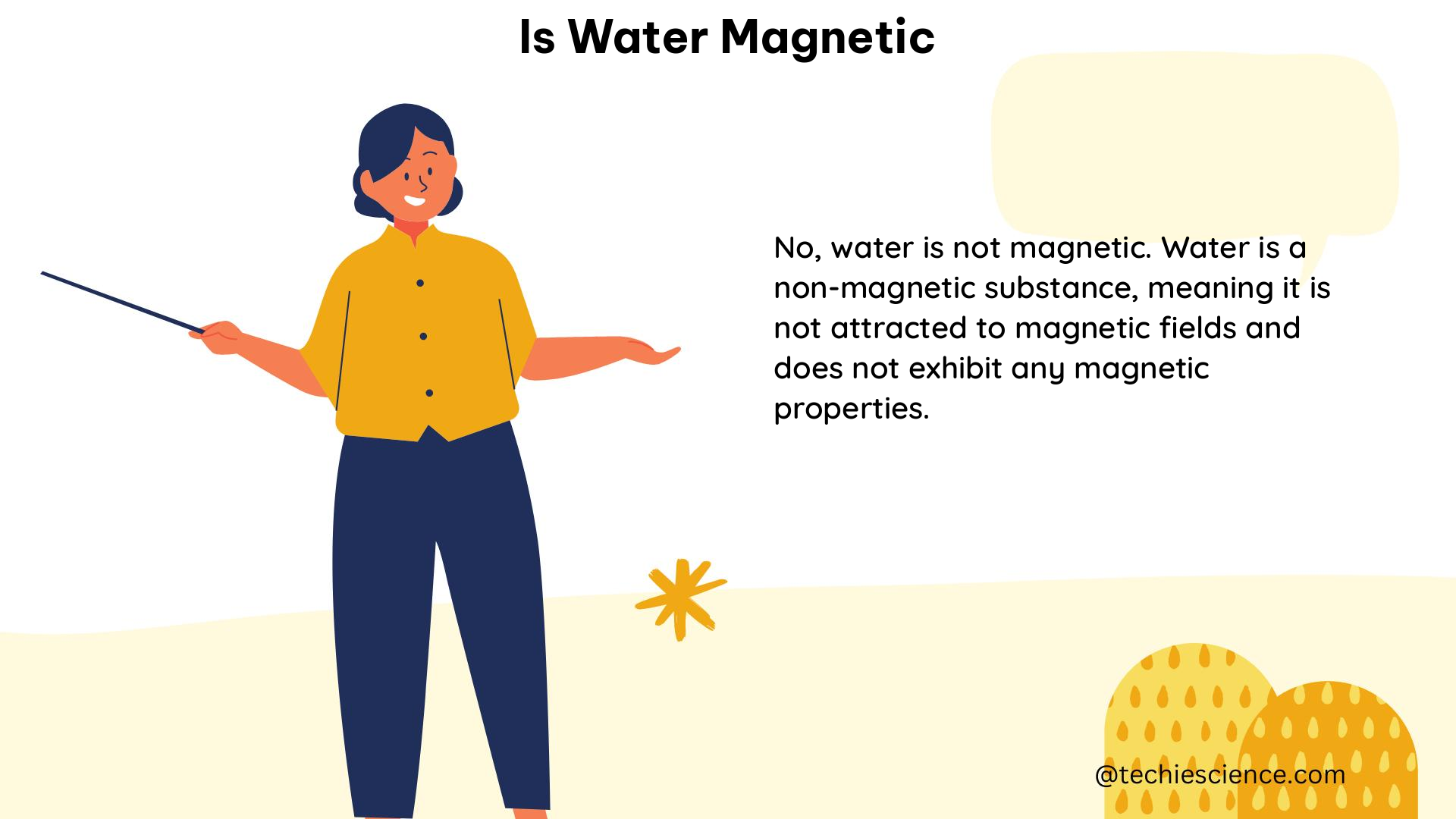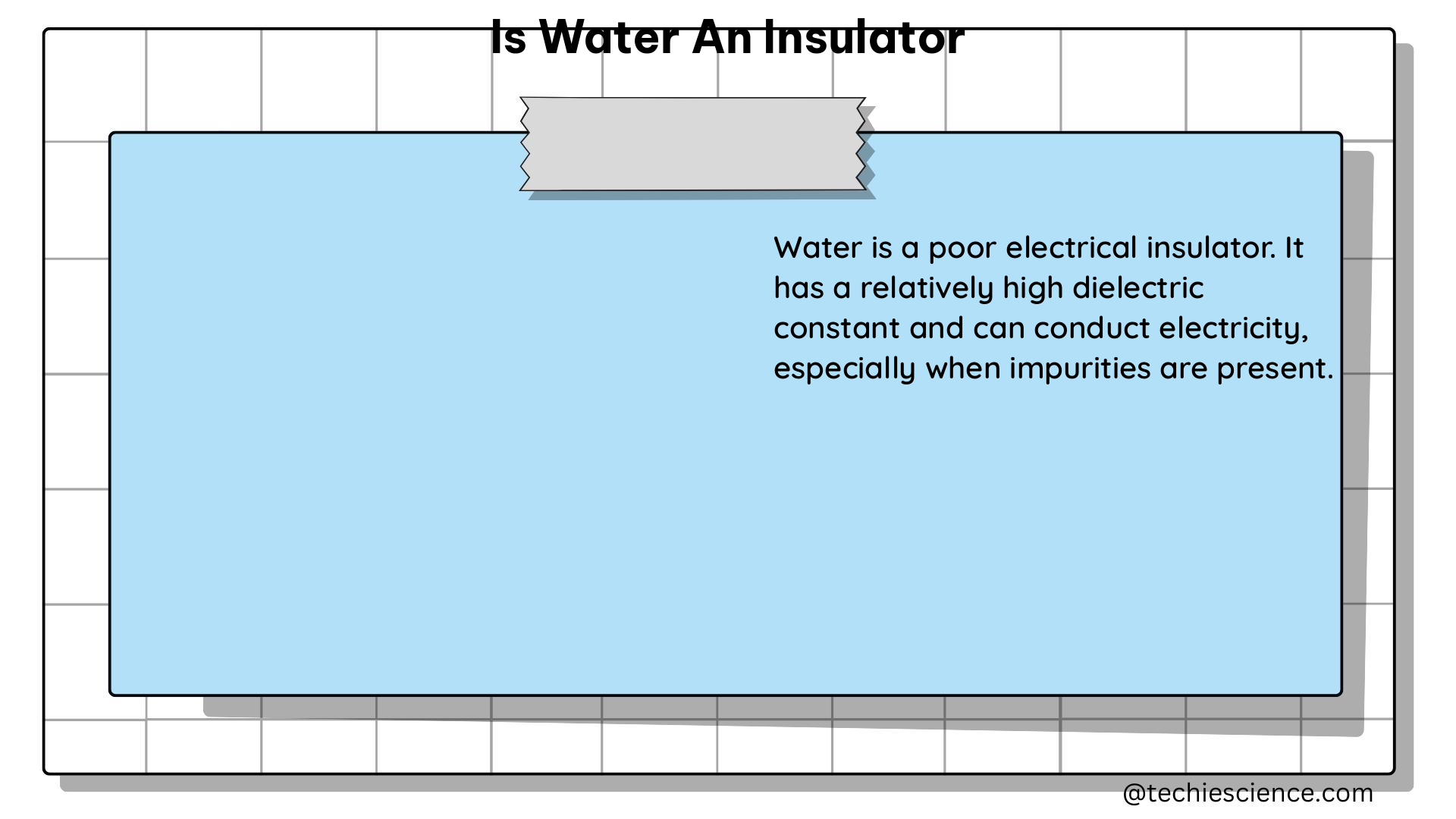How to Calculate the Speed of Light in Water: A Comprehensive Guide
The speed of light is a fundamental constant in physics, and understanding how to calculate it in different mediums is crucial for various scientific and technological applications. In this comprehensive guide, we will delve into the details of calculating the speed of light in water, providing you with a step-by-step approach and a wealth of … Read more
